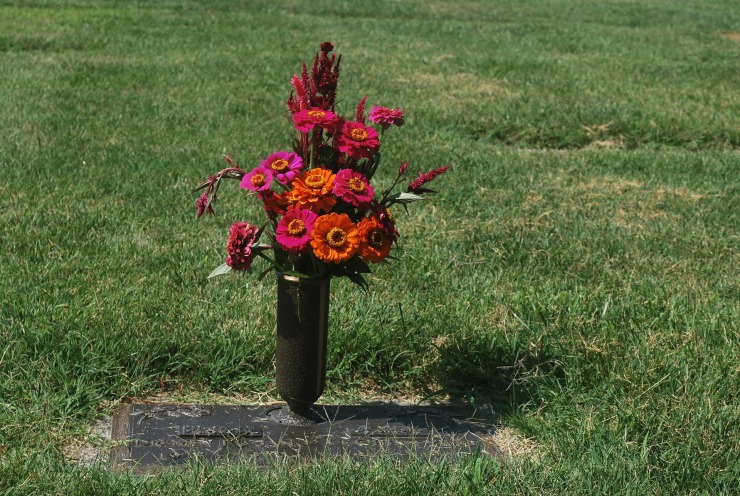
In a landmark ruling, the High Court of Chhattisgarh has upheld the right of religious minorities to bury their deceased according to their faith and traditions. The court directed authorities to hand over the body of a 54-year-old Christian man to his son to allow a burial in their native village with police protection amid objections from some locals.
The case involved Ishwar Korram, a resident of Chhindbahar village in Bastar district, who had converted to Christianity. He passed away on 25 April 2024 at the Dimarapal Hospital in Jagdalpur town after facing breathing difficulties during treatment.
When Korram's family members sought to bring his body to their village for burial according to Christian rituals, a controversy erupted. Some villagers objected, as Chhindbahar is a Hindu-majority area without a separate burial ground for Christians.
Korram's 54-year-old son Sartik then approached the High Court seeking the right to bury his father's body in their native village in accordance with their Christian beliefs. The state argued that to maintain law and order, the family should instead bury the body at a Christian cemetery in the nearby Karkapara village.
However, in a powerful judgement which also drew from Hindu scriptures, Justice Rakesh Mohan Pandey ruled that the petitioner had the fundamental right under Article 21 of the Indian Constitution to provide a decent burial to his father at his birthplace.
Quoting the Yuddha Kand scripture, Justice Pandey stated that “The friends, the riches and the grains are highly honoured in this world. Mother and mother-land are far superior to even the heaven.” He said Sartik's wish to bury his father in his native village must be honoured.
The court cited multiple previous judgments from the Supreme Court and High Courts across India which have interpreted the Right to Life under Article 21 to include the right to a decent burial or cremation for the deceased according to their religious faith and traditions.
“It is already a well-settled principle of law that Article 21 includes the right of a person to have a decent burial. This right exists until the death of a person which covers the right to a decent life up to death, including a decent death procedure,” Justice Pandey stated in his order.
He directed the authorities at the Government Medical College in Jagdalpur, where Korram's body had been kept in the mortuary, to hand it over to Sartik. The judge permitted the son to bury the body on his own land in Chhindbahar village the following day on April 28 to avoid any law-and-order situation. The district police were also ordered to provide adequate protection during the burial ceremony.
Following the court directives, Ishwar Korram was buried amidst heavy security according to Christian rituals on April 28 in the presence of his family members.
“My father died on April 25. We set out to take the dead body home. When we reached Dongriguda turn, we received a call after which the body was taken back to the hospital. The body was kept in the mortuary. We then approached the High Court and after getting permission, we performed the last rites on our land with police protection,” Sartik Korram said.
The landmark verdict has been widely welcomed by religious minority groups and human rights activists across India, who have long campaigned against discrimination in carrying out last rites for the deceased. Christian and Muslim groups hailed it as an important safeguard for their constitutional rights.
Christian Today India spoke to Arun Pannalal, President of the Chhattisgarh Christian Forum (CGCF) and he expressed his satisfaction with the verdict. "The Forum's Jagdalpur chapter was involved in helping the family and Mr. Ratnesh Benjamin, the Vice President of the Forum was helping in coordination with the family and different groups that were also helping in this situation. Dignity in death is important and we are thankful for the High Court which has upheld this," he said.
Legal experts say the judgement reinforces that the Right to Life under Article 21 extends beyond just being alive, encompassing living with human dignity until one's last rites are performed according to personal beliefs. It is expected to have a bearing on similar cases of conflicts over burials across India's diverse societies.
“Article 21 covers dignity in death to all communities,” Pannalal said. “This was a specific order for the respective police station. Based on this relief and HC observation, CGCF is filing another writ for directions to all police stations in Chhattisgarh.”
The Christian community and human rights groups hope the ruling will deter authorities from arbitrarily restricting the burial rights of Christians and promote more inclusive and non-discriminatory burial policies respecting all faiths.




